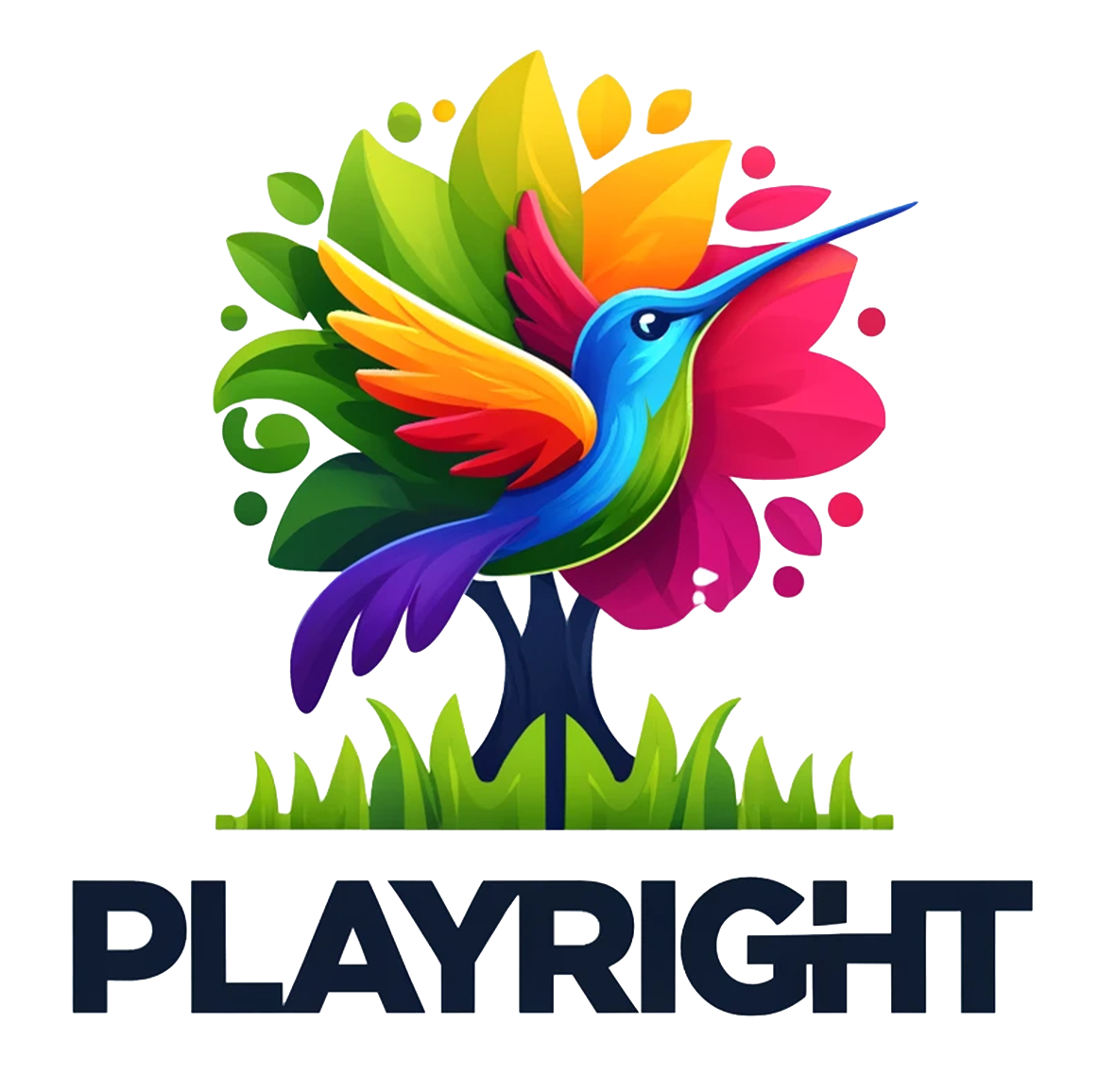Who benefits from Pediatric Occupational Therapy?
Since I've had a career in pediatric occupational therapy, it's hard for me not to brag about how considerable the benefits of OT are for all children. OT is a specialized branch of healthcare that focuses on helping children achieve their maximum potential in various areas of development. Occupational therapists work with children who face multiple challenges, including dysfunction in sensory processing, emotional regulation, visual perceptual skills, fine motor skills, gross motor skills, social skills, play skills, feeding, self-care, and behavioral concerns. Let's talk about the considerable benefits of pediatric occupational therapy, shedding light on these critical areas of daily function.
Sensory Processing
Sensory integration is all about the ability of the brain to interpret and organize information from the senses (e.g., touch, sight, sound, taste, smell, movement, and balance) and create an adaptive response. For many children, especially those with sensory processing disorders, this integration can be disrupted. Pediatric OT helps children understand and manage sensory input, aiding them in responding appropriately to their own bodies and to their environment. OT facilitates improved regulation to help children participate fully in all their roles and to be comfortable in their own skin.
Benefits:
Improved self-regulation
Increased attention and focus
Enhanced ability to participate consistently with potential in daily activities
Better self-confidence
Visual Perception and Visual Motor Skills
Visual perception plays a vital role in development and learning. It enables children to understand the world around them, interpret information, and engage in various activities, such as reading, writing, and playing and moving their bodies. Some children may struggle with visual perception issues, which can impede their academic progress and performance in everyday life activities. Visual perception is the ability to interpret and make sense of visual information received through the eyes. It involves various processes, including visual discrimination, spatial relations, form constancy, visual memory, visual sequential memory and visual closure. These processes collectively help children recognize objects, identify patterns, understand spatial relationships, and recall information from what they see.
Benefits:
Improved visual perception
Gains in visual motor skills
Increased function in daily living activities
Improved handwriting
Fine Motor Skills
Fine motor skills involve using small muscles, primarily in the hands and fingers, for tasks like grasping, writing, cutting, and buttoning. Occupational therapy assists children in developing these skills, enabling them to perform functional daily tasks independently and precisely.
Benefits:
Improved handwriting
Enhanced hand-eye coordination
Improved tool use
Increased independence in daily tasks
Gross Motor Skills
Gross motor skills involve using larger muscle groups to perform tasks like running, jumping, and balancing. OT programs help children develop underlying building blocks to improve motor coordination and praxis (motor planning). This includes bilateral motor coordination, crossing midline, accurate perception of position in space, and gradation of movement and touch through activities which enhance vestibular, proprioceptive, and tactile processing. OT programs help children refine motor skills, leading to better physical coordination and confidence in physical activities, and they do so in a fun way that engages a child's motivation.
Benefits:
Increased physical coordination
Improved balance
Increased strength
Enhanced participation in sports and recreational activities
Improved confidence
Social Skills
Children often learn social skills through observation and practice. However, some may need help with developing appropriate interpersonal skills. Pediatric OT interventions enhance a child's ability to interact with peers, build relationships, and communicate effectively.
Benefits:
Improved peer relationships
Enhanced communication skills
Increased confidence in social situations
Play Skills
Play is a critical aspect of childhood development. OT helps children engage in play by addressing physical and sensory challenges. Therapists work with children to promote imaginative and functional play, fostering creativity and social interaction.
Benefits:
Encouragement of creativity
Improved social interactions during play
Increased confidence in play activities
Feeding Considerations
Children with feeding difficulties may require specialized assistance to enrich oral motor skills and overcome sensory aversions related to food. Pediatric OT addresses these concerns by working with children and their families to create a positive mealtime experience.
Benefits:
Improved oral motor skills
Increased tolerance for and willingness to try new foods
Enhanced nutritional intake
Positive attitudes and enjoyment of food
Self-Care
Independent self-care activities, such as dressing, grooming, bathing, tooth brushing and toileting, are essential for a child's self-esteem and development toward independence. OT interventions aim to help children gain the skills necessary for self-care tasks.
Benefits:
Greater independence in daily self-care routines
Enhanced self-esteem and self-confidence
Reduced caregiver dependence
Behavior Concerns
Behavioral challenges can significantly impact a child's daily life. Pediatric OT strategies are designed to address behaviors related to sensory issues and other developmental concerns. Therapists work with children and families to develop healthy coping mechanisms and strategies to manage challenging behaviors and their underlying causes effectively.
Benefits:
Improved behavior management
Enhanced emotional regulation
Increased overall well-being
Improved social relationships
Final Thoughts
Pediatric occupational therapy is a multifaceted and invaluable resource for children facing various developmental challenges. The holistic approach of OT addresses sensory integration and specialized skills in social, motor planning, and play, as well as feeding considerations, self-care, and behavior concerns. By supporting children in these areas, pediatric occupational therapy unlocks their potential, enabling them to lead happier, more fulfilling lives and reach their maximum potential. If you have concerns about your child's development, consider consulting a pediatric occupational therapist to explore how they can benefit from these interventions. Their expertise in assessment, intervention, and collaboration with educators and parents empowers children to develop essential skills, allowing them to excel academically and navigate everyday life with greater ease. By tailoring interventions to each child's specific needs, occupational therapists make a significant positive impact on children's lives, enabling them to see the world with clarity and confidence.
Kimberley Arnett-DeSimone, a career pediatric occupational therapist in Huntersville, North Carolina, authored this post.



























